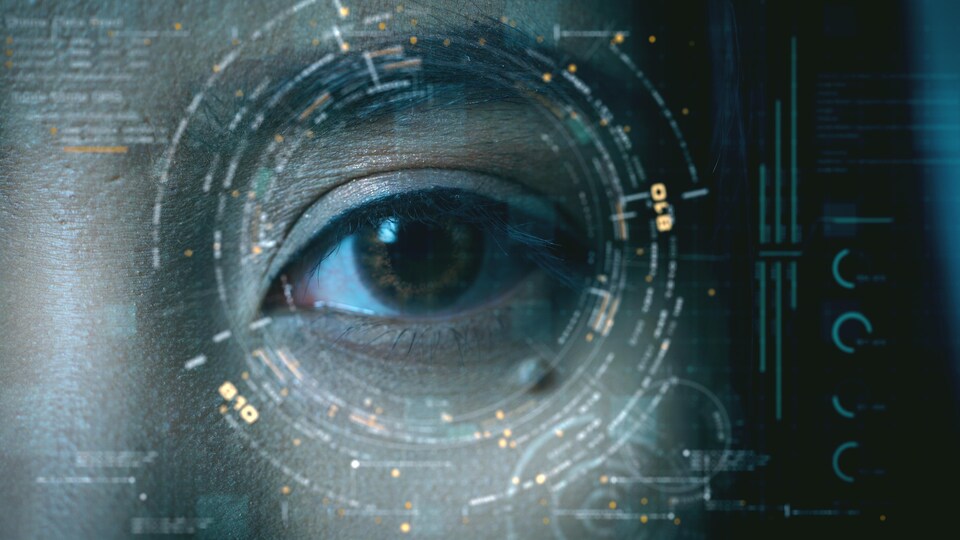The federal government is asking a judge to deny the request of a Quebec photographer who wanted to authorize a class action, possibly involving millions of people, about the RCMP’s use of a controversial face recognition tool.
In a submission to the Federal Court, government lawyers said Ha Vi Doan could not be accused of suffering damage of any kind due to the National Police’s use of US company technology Clearview AI.
Ha Vi Doan’s proposed class action seeks unspecified damages for himself and other Canadians whose photos and related information were allegedly included in a massive database compiled by Clearview AI and used under license by RCMP.
The technology of Clearview AI has been the subject of extensive review because it involves the collection of a large number of images from a variety of sources in an effort to help law enforcement agencies, financial institutions and other customers identify individuals from pictures.
In a report in February 2021, federal privacy commissioner Daniel Therrien and three provincial counterparts said the New York-based company’s mining of billions of people’s photos from the internet was a serious violation. privacy rights of Canadians.
Last June, Commissioner Therrien determined that RCMP has violated the law by using the software of Clearview AI to collect personal information.
The Privacy Commissioner found that the RCMP conducted 521 searches through paid and trial user accounts using Clear view from October 2019 to July 2020.
In the absence of any evidence that the RCMP made such searches and seizures under legal authority, the searches and seizures are deemed to be unreasonableargued with Ha Vi Doan in a document filed in court.
Commissioner Therrien concluded that the RCMP accessed photos of Canadians via Clearview AI in the course of his work.
The RCMP has publicly stated that the force uses the company’s technology in a limited way, primarily to identify, locate and rescue young victims of online sexual abuse.
However, the Privacy Commissioner’s investigation revealed that RCMP has not satisfactorily reported much of the research it has done.
In court filings, federal attorneys claimed that the use of Clearview helped RCMP to identify and locate the three young victims. Other uses include finding the wanted fugitive and testing the app using police photos, altered photos of an American celebrity, or media photos of missing people.
Clearview AI stopped offering its services in Canada on July 6, 2020.
A fundraiser without his knowledge and without permission
The class action proposed by Ha Vi Doan indicates that the RCMP became a client of Clearview AI even if the services of the company are involved a large -scale invasion of the privacy of Canadian residents and citizensas well as copyright infringement.
Plaintiff was enthusiastic about taking photographs and taking pictures of himself and others, posting large numbers of them on his own website and on online platforms such as Facebook and Instagram, the filing said. .
She alleges that her personal biometric information and its images are collected, copied, reproduced, stored or used by Clear view without his knowledge and without permission.
The class action will cover people in Canada whose photos are in the database Clearview AI and the copyright and moral rights holders in these images.
He sought a court order requiring RCMP to destroy all documents and information Clear view in response to database searches involving Canadian residents.
Public information
In their filing, federal attorneys said Ha Vi Doan obtained confirmation from Clear view on July 10, 2020. The company identified seven separate photos of him on the internet. They appear to have come from his Instagram and Twitter accounts, his business website and two independent sources.
Whether it is Google, Facebook, Instagram, Clearview or a telephone directory, access to a public database or a search engine will not create liability to all people whose information is contained therein, regardless of how actual who accessed the information, and the nature of that informationsays the federal memorandum.
Ha Vi Doan does not say that the RCMP actually saw, let alone copying, even a picture of him or a photograph of him that went into the database Clear viewsaid government lawyers.
His case is based on the notion that this fact does not matter. But it is important. In the absence of any material fact indicating that the defendant sought, viewed or copied information relating to the plaintiff, it is an illusion to speak of violations of his or her rights or cause.says the federal filing.
Source: Radio-Canada

